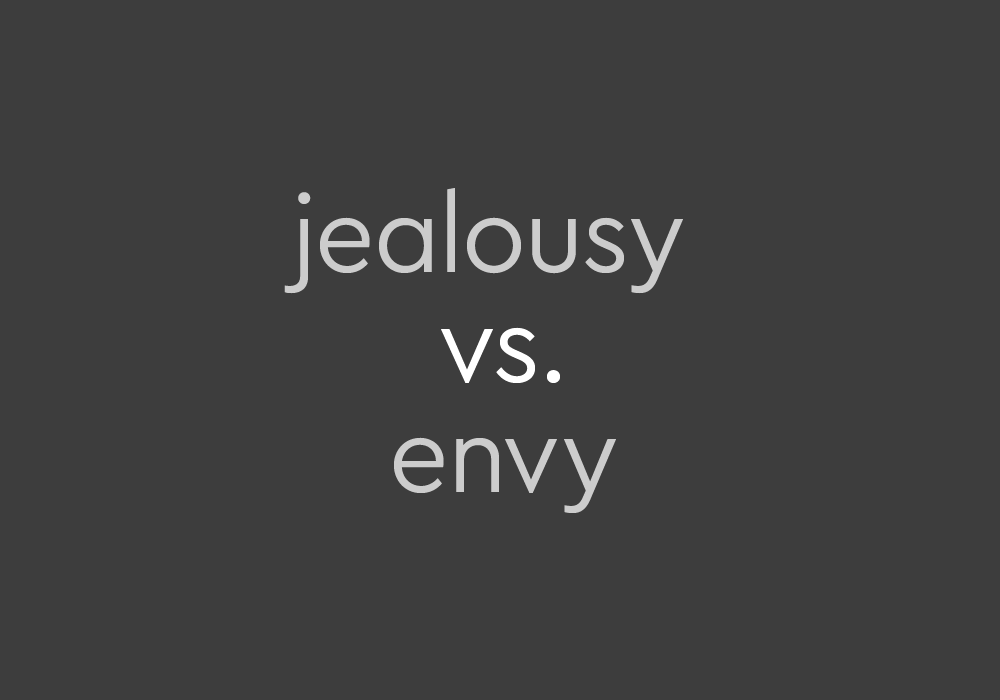Introduction
Envy and jealousy are complex emotions that can significantly influence our decision-making processes. Rooted in human psychology, these mental models are prevalent in our day-to-day lives and can often lead us to make irrational decisions that are contrary to our best interests. In this blog post, we will delve into the concept of envy and jealousy, explore their psychological underpinnings, and provide practical strategies to identify and overcome these mental traps.
Defining Envy and Jealousy: Envy and jealousy are often used interchangeably, but they have distinct meanings. Envy arises when we desire what someone else possesses, whether it be their possessions, achievements, or qualities. Jealousy, on the other hand, stems from a fear of losing something we already possess to a perceived threat. Both envy and jealousy can cloud our judgment and lead us to make decisions based on comparison, rivalry, and an unhealthy desire for validation.
Relevance in Decision-Making: Envy and jealousy can heavily impact our decision-making processes, influencing choices related to personal life, business scenarios, and public policy-making. When driven by envy, individuals may make irrational decisions, such as overspending to keep up with others’ lifestyles or pursuing a career solely for the sake of prestige. In business, envy can lead to unethical behavior, such as sabotaging a colleague’s success. In public policy-making, envy can drive policies that aim to limit others’ success rather than promoting collective well-being.
Examples of Envy and Jealousy
- Personal Life: Imagine a scenario where a person’s close friend receives a promotion at work. Instead of feeling genuinely happy for their friend’s success, they experience envy and begin to resent their friend’s achievements. In an irrational attempt to surpass their friend, they make impulsive career choices without considering their own passions and skills, ultimately leading to dissatisfaction.
- Business: In a competitive business environment, envy and jealousy can manifest among colleagues. For instance, if a team member receives recognition for their accomplishments, other team members driven by jealousy might engage in negative behavior, such as spreading rumors or withholding crucial information. These actions undermine teamwork and hinder overall organizational success.
- Public Policy-Making: Envy can influence public policy decisions that aim to limit the success of specific individuals or groups. For example, implementing excessive taxation on the wealthy based solely on envy can have unintended consequences, such as stifling economic growth or discouraging entrepreneurship.
Mental Biases and Underpinnings
Several mental biases contribute to the emergence and perpetuation of envy and jealousy. The social comparison bias, for instance, leads us to compare ourselves to others, often focusing on their accomplishments or possessions. This biased comparison can fuel envy and jealousy, creating a cycle of discontentment. Additionally, the availability heuristic may amplify envy by making us more aware of others’ achievements through social media and other platforms, further exacerbating feelings of inadequacy.
Strategies to Overcome Envy and Jealousy
- Cultivate Gratitude: Practice gratitude by focusing on your own blessings and accomplishments. Recognize that everyone’s journey is unique, and comparing yourself to others only fosters negative emotions. Regularly remind yourself of your own strengths and achievements to counteract envy and jealousy.
- Foster Empathy and Collaboration: Instead of viewing others’ success as a threat, cultivate empathy and celebrate their achievements. Embrace a mindset of collaboration and recognize that others’ accomplishments do not diminish your own potential. By supporting others, you create a positive environment that benefits everyone involved.
- Focus on Personal Growth and Goals: Shift your attention from comparison to personal growth and self-improvement. Set meaningful goals that align with your values and invest your energy in pursuing them. By focusing on your own journey, you can redirect your thoughts away from envy and jealousy and channel them into productive endeavors.
Conclusion
Envy and jealousy can be detrimental to our decision-making processes, leading us astray from rational choices and hindering our personal and professional growth. By understanding the psychological underpinnings of these emotions and implementing strategies to overcome them, we can navigate our lives with greater clarity, fulfillment, and objective decision-making. Awareness and active avoidance of the mental traps of envy and jealousy are crucial for personal well-being and building healthier relationships with others.
